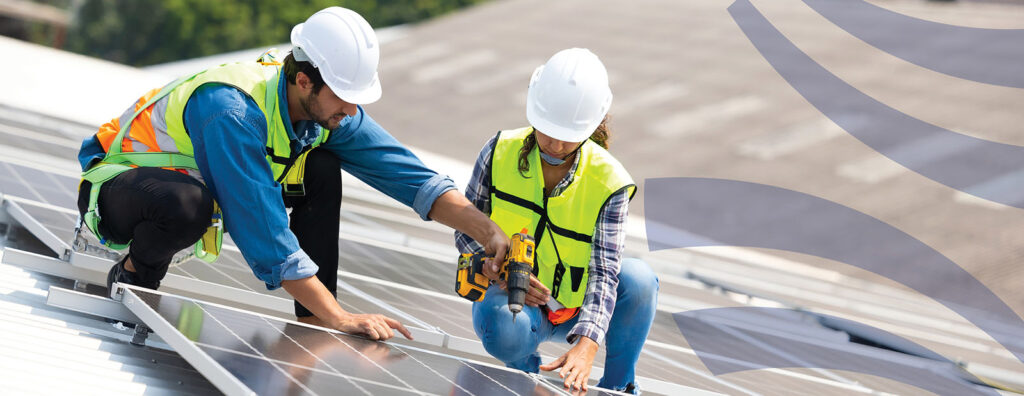With growing climate concerns and the quest for sustainability, the Inflation Reduction Act (IRA) introduces Home Energy Rebate Programs aimed at mitigating climate change and generating new jobs.
With an $8.8 billion grant fund, these programs carve a path for American households to lower energy bills, switch to cleaner energy equipment, enhance energy efficiency, and curtail both indoor and outdoor air pollution. Also, they’ll generate workforce training programs, thereby seeding employment opportunities in the sector.
Here’s a snapshot of what the program entails:
A Glimpse into the Home Energy Rebate Programs
- $4.3 billion in grants for Home Efficiency Rebates
- $4.5 billion in grants for Home Electrification and Appliance Rebates
- $200 million for home energy efficiency contractor training grants
Navigating the Home Efficiency and Home Electrification and Appliance Rebates
Under Section 50121 of the IRA, $4.3 billion is allocated for rebates based on predicted energy savings from home energy upgrades. Available to all income levels, with rebate amounts doubled for low- and moderate-income households, this program incentivizes wider participation.
Section 50122 allocates $4.5 billion for rebates upon purchase or installation of high-efficiency home appliances and equipment. This program is specifically tailored for low- or moderate-income households with the goal that the electrification rebates will elevate the living standards and sustainability quotient for this demographic.
State Energy Planning and Quick Start Programs
States are tasked with developing comprehensive plans that encompass various aspects, from approval of requests for enhanced rebates for low-income households to detailed documentation instructions for retrofits, ensuring a structured, accountable, and transparent process.
Opportunities for State and Utility Collaboration
Acting as a catalyst for this initiative, Quick Start Programs have emerged, allowing states and territories to apply for up to 25% of their funding allocation if they plan to commence their home energy rebate program in 2023.
While not mandatory, the guidance highlights the significance of collaborations between states and utilities. Such partnerships, especially with utility programs that have long served customers, pave the way for faster market entry for new home energy rebate programs and facilitate a smoother customer journey.
With energy efficiency and environmental sustainability taking center stage, the Home Energy Rebate Programs, stand as a testament to proactive, inclusive, and future-oriented policy-making. For consumers, it’s a call to action to embrace energy efficiency, and for states and utility providers, it’s a call to collaborate and share resources, ensuring maximum impact.
Click here to read our comprehensive whitepaper that summarizes the program in greater detail and provides contact information for Tidal Basin experts who can assist with designing and implementing these programs for states and territories.



